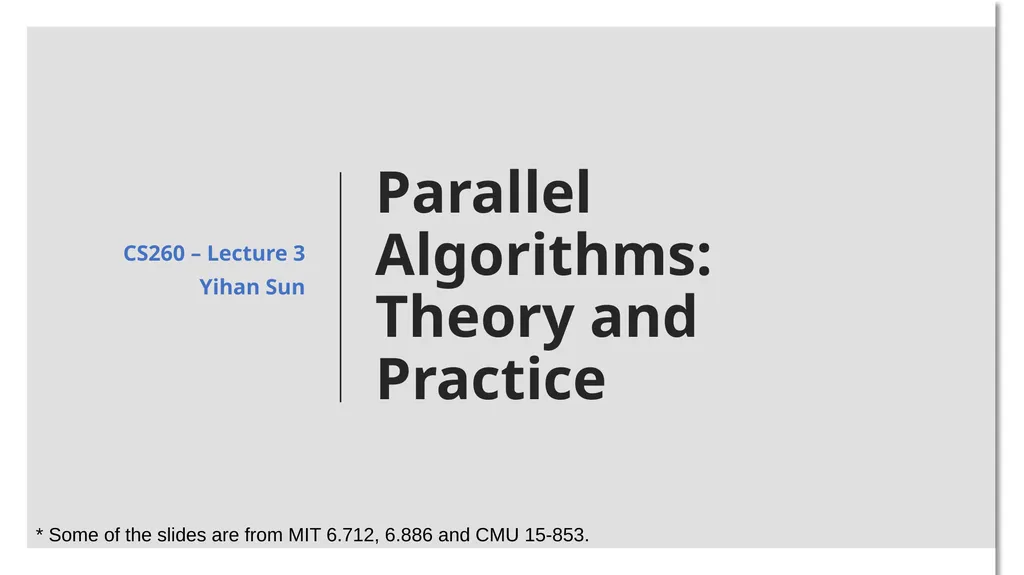
Author : danika-pritchard | Published Date : 2025-05-12
Description: Parallel Algorithms: Theory and Practice CS260 Lecture 3 Yihan Sun Some of the slides are from MIT 6.712, 6.886 and CMU 15-853. Last Lecture Two scan algorithms Divide-and-conquer Reduce the problem size Computational models PRAMDownload Presentation The PPT/PDF document "" is the property of its rightful owner. Permission is granted to download and print the materials on this website for personal, non-commercial use only, and to display it on your personal computer provided you do not modify the materials and that you retain all copyright notices contained in the materials. By downloading content from our website, you accept the terms of this agreement.
Here is the link to download the presentation.
"Parallel Algorithms: Theory and Practice CS260 –"The content belongs to its owner. You may download and print it for personal use, without modification, and keep all copyright notices. By downloading, you agree to these terms.





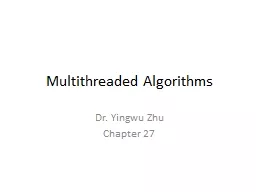
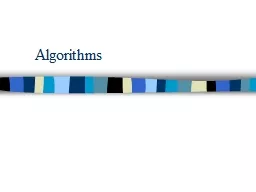

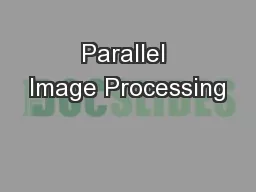

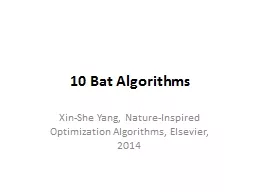

![[READING BOOK]-Algorithms JavaScript Explains Algorithms with Beautiful Pictures L...](https://thumbs.docslides.com/970728/reading-book-algorithms-javascript-explains-algorithms-with-beautiful-pictures-learn-it-easy-better-and-well-easy-learning-java-and-design-patterns-and-data-structures-and-algorithms-book-9.jpg)
![[FREE]-Parallel Scientific Computing in C++ and MPI: A Seamless Approach to Parall...](https://thumbs.docslides.com/979474/free-parallel-scientific-computing-in-c-and-mpi-a-seamless-approach-to-parallel-algorithms-and-their-implementation.jpg)